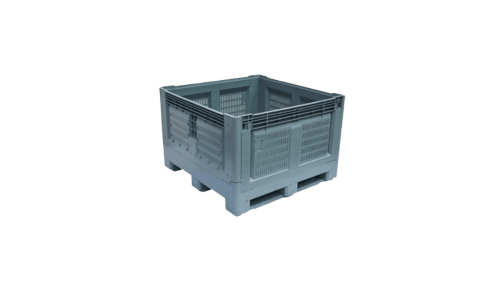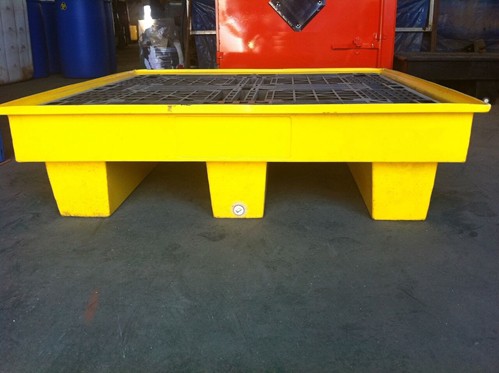The release of Amcor's ambitious sustainability pledge has thrown a spotlight on the issue of waste management in the pharmaceutical industry. Pledging to to make all packaging reusable or recyclable by 2025, Amcor's ambitious environmental agenda could be instrumental in supporting the medical industry's progress towards sustainability.
Indeed Australia's healthcare system is contributing more than 7% to the nation's carbon footprint, according to studies by the University of Sydney. The industry's high energy consumption and extreme level of non-reusable waste in the packaging and transportation of medications demands an increased focus on sustainability.
Now is the time for the pharmaceutical industry to take action, but how, and what is holding it back?
The need for hygiene
The pharmaceutical industry's need to maintain the strictest of hygiene standards has often made disposal rather than reuse necessary. In some cases waste is unavoidable. For example, the disposal of soiled equipment or overlayers designed to maintain a sterile environment. However, there is substantial room for recycling in certain areas to create the right balance between hygiene and waste goals.


Packaging required to ensure safe and uncontaminated transportation is often thrown away despite retaining all the features necessary to continue its purpose. Similarly, the unsanitary nature of warehouses and shipping pallets often makes it necessary to over-package medicines to ensure product purity. Asserting more control over the cleanliness of shipping processes can reduce the need for one use packaging and thus drastically reduce waste production.
Clean and green shipping
A simple and effective way to create a hygienic shipping environment is to invest in the right pallets and bulk containers. Plastic shipping pallets, as opposed to traditional wooden alternatives, provide some key benefits to the pharmaceutical industry:
Australia's healthcare system creates more than 7% of the nation's carbon footprint.
- Easy to clean: Plastic shipping pallets can be cleaned using high pressure or steam cleaning methods which are inexpensive and use non-toxic chemicals. This is in contrast to the labour intensive and potentially contaminating fumigation processes enforced for wood pallets.
- Sealed surfaces: Plastic pallets are sealed to prevent foreign materials becoming lodged in unreachable corners. This makes it impossible for bacteria or fungus to harbour unseen and contaminate products.
- Water resistant: Wooden pallets are often problematic in below freezing or wet environments. The porous organic material is able to absorb water resulting in warping and damage. By contrast plastic pallets are water resistant.
- Longer life: Plastic pallets have a working life span of up-to and over 10 times that of wooden pallets. Their durability and high tensile strength means that they have a standard life of 10 years. This drastically reduces companies regular spend on pallets and their waste output. Furthermore used pallets can also be recycled.
At Eco Pallets we provide a range of recyclable, hygienic pallets specifically designed for the pharmaceutical industry. Contact the team today to find out more.









Comments are closed.